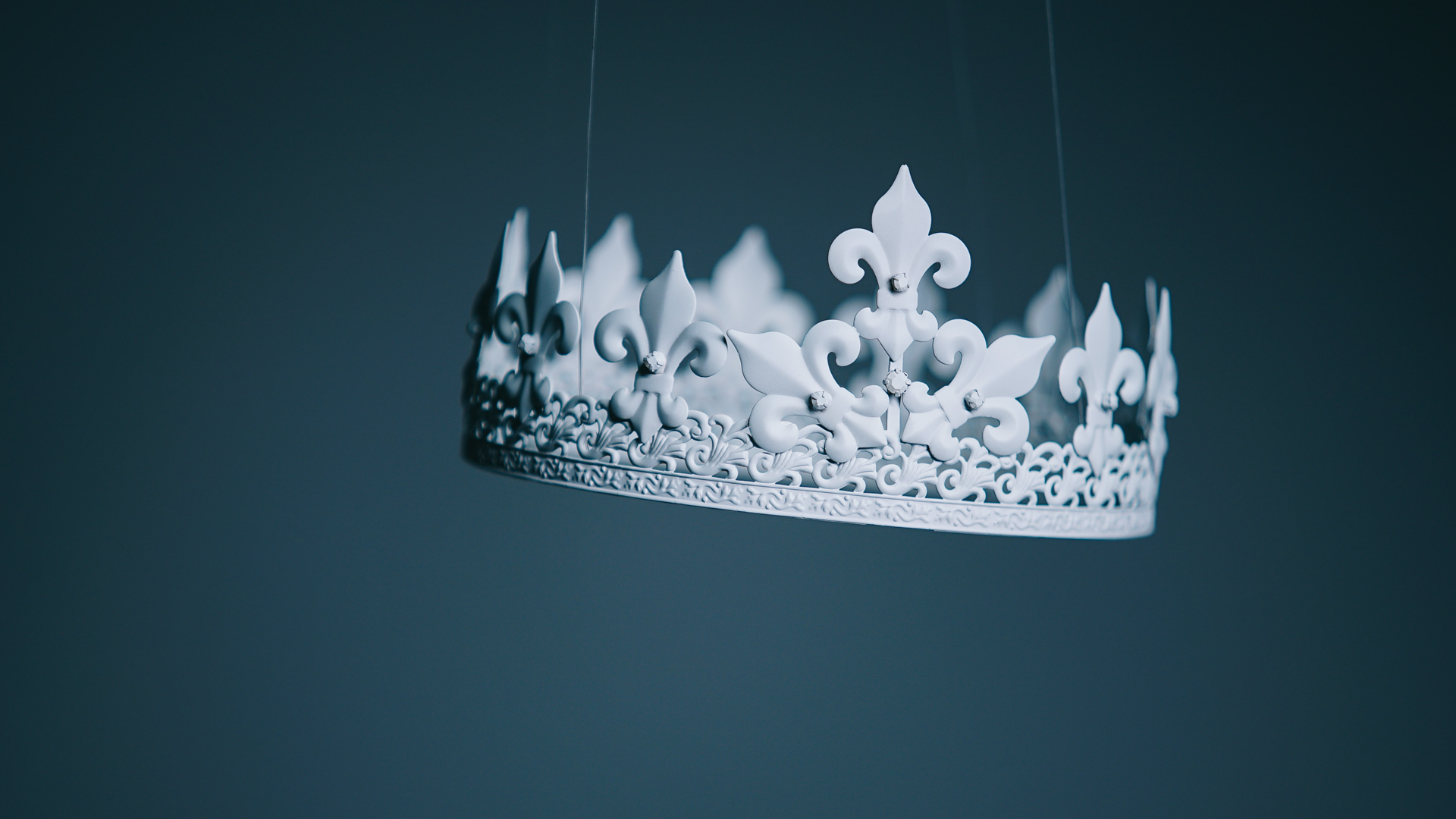On the one hand, Queen Elizabeth II was a constant presence in my life, a figurehead with which my understanding of British identity and history was shaped. On the other, her monarchy represents a colonial era of exploitation and human atrocity that shouldn’t be ignored.
Queen Elizabeth II died on September 8th, 2022.
No matter what decade you were born, the monarchy and Queen Elizabeth II have always been divisive. Throughout her life, Elizabeth’s face represented both diplomatic good and classist evil, depending on who you asked.
She served as rebellious inspiration for bands such as The Smiths and the Sex Pistols, who viewed her as a representation of outdated moral ideals and English colonialism. Her wealth, racial biases, stiff royal regime, dismissal of disability, and disregard for historical injustices has steadily felt more archaic and out of place as the years have gone on.
For others, she was a comforting constant over seventy years of public service, existing as a reliable backbone of British representation through turbulent political change. For many English people she was a starting point to our historical education and influenced how we understood national identity at a young age. She is the only royal figurehead most of us have ever known.
These two opposing realities leave me feeling a mix of emotion.
As a British citizen I remember many moments from my childhood that were shaped by the royal family. In 2002 I created a personalised Golden Jubilee mug at primary school and saw the boat parades in London ten years later. Elizabeth’s face has been on every bank note I’ve ever used, on every stamp, and has beamed at me from television sets my whole life. To say that I’m not even a little affected by her passing would be disingenuous.
By equal measure, though, I have largely become an anti-royalist. The monarchy represents a time of British colonial rule and heavy-handed, brutal exploitation. It is a relic of an era that no longer suits the modern world, especially as the wealth divide grows and international attitudes toward the United Kingdom understandably sour amidst Brexit and our general sense of self-entitlement. Do I need mention Prince Andrew?
It’s a feeling that has gained momentum with younger people over the years, too.
Glancing at Twitter today it is filled with memes, jokes, and satire, despite the grave tone of politicians and news broadcasters. The contrast between genuine public opinion and mainstream media coverage is as stark as ever, cementing Elizabeth’s reign as contentious – even in death.
what if you fell in love with someone then found out they were gathering outside Buckingham Palace
— hannah louise (@hannahlouisef) September 8, 2022
Why is she viewed so positively by much of the public?
Those who support the royal family are hugely invested, for the most part.
For the Platinum Jubilee a few months prior I remember seeing flags in every local pub, nonstop coverage all over television, packed out crowds at Buckingham Palace, and full size cut outs of royal members in family gardens. Hell, even Craig David was singing his lungs out at the celebratory concert.
Tune into BBC News at any point this weekend and you’ll be bombarded with clips of people crying and reiterating how the Queen was ‘fantastic’. Every news reporter is dressed in black pushing the idea that this is a sad time and that we should all feel incredibly bad for an elderly woman we have no personal relationship with.




















